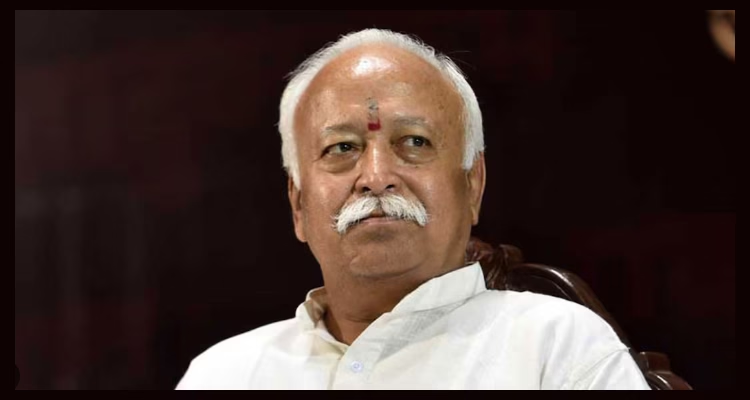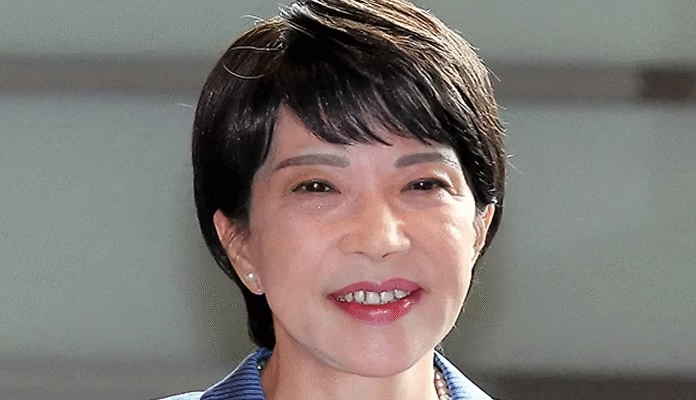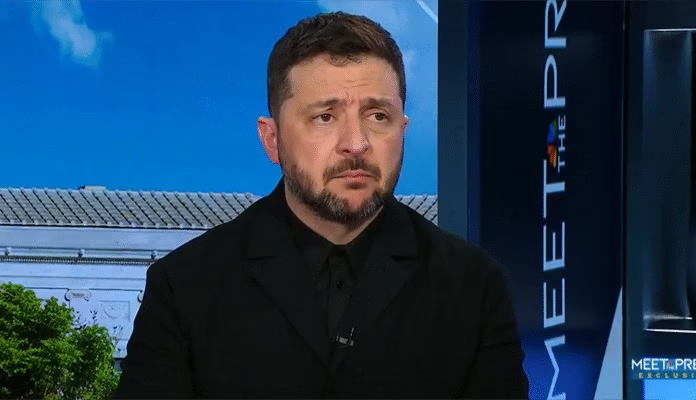
Is the RSS Chief hinting at a generational shift in Indian politics?
 – by Ashis Sinha
– by Ashis Sinha
A seemingly philosophical remark by Rashtriya Swayamsevak Sangh (RSS) chief Mohan Bhagwat has triggered a storm across India’s political corridors. Speaking at a book launch in Nagpur, Bhagwat quoted late RSS ideologue Moropant Pingle, saying:
“When you turn 75, it means you should stop now and make way for others.”
Though phrased in reflective tones, the timing and context of the remark—months ahead of Prime Minister Narendra Modi’s 75th birthday (September 17, 2025)—has led to intense political speculation.
Political Reactions: Reading Between the Lines
Opposition leaders were quick to interpret the comment as a coded message to Modi, questioning whether the Sangh’s “75-age rule” would apply to him.
-
Congress leaders Jairam Ramesh and Pawan Khera mocked the PM, reminding the public how L.K. Advani and Murli Manohar Joshi were sidelined under this unwritten norm.
-
Sanjay Raut (Shiv Sena UBT) termed it a “reminder from Nagpur,” hinting at selective enforcement.
-
In Jharkhand, the JMM posed a sharp question: “Will both Modi and Bhagwat retire together in 2025?”
RSS Clarifies, But Doubts Linger
The RSS issued a clarification, stating there is no official retirement rule at 75. However, the Parivar’s past practice suggests otherwise—senior BJP leaders were previously nudged into retirement once they crossed the 75-year threshold.
Yet, exceptions exist. Leaders like B.S. Yediyurappa and E. Sreedharan remained politically active past the age bar, leading to charges of inconsistency.
Three Possible Readings: Strategy or Symbolism?
1. RSS Reasserting Itself
Insiders see the remark as a subtle course-correction attempt—a pushback against the personality-centric governance style that has taken root under Modi, which the Sangh believes deviates from its collective ethos.
2. Modi the ‘Exception’?
While the age norm was enforced against party stalwarts, Modi has defied it. Statements from Amit Shah and others suggest Modi will lead till 2029. If true, it may erode Sangh’s moral credibility and offer the opposition a sharp attack point.
3. Bhagwat’s Own Test
Bhagwat himself turns 75 on September 11, 2025. Will he step down post that? Speculation suggests he might exit by Dussehra 2026. If he does, it would pressure Modi to follow suit—or explain why he won’t.
What Happens Next?
The phase between September 2025 and Dussehra 2026 is shaping up to be critical for both the RSS and BJP.
Modi Continues Till 2029
If Modi leads the BJP into 2029, it will break the Sangh’s precedent, reinforcing his central position but weakening RSS’s perceived internal discipline.
Bhagwat Retires Post-75
If Bhagwat retires in 2026, it will restore the RSS’s moral authority, but will also put pressure on Modi to reconsider his future plans.
RSS Soft-Pedals Age Norm
The Sangh may choose not to enforce the 75-bar formally, keeping Modi in power while avoiding internal strife—but this risks ideological dilution.
BJP Succession Planning
Behind the scenes, the BJP might intensify grooming of second-line leaders like Yogi Adityanath, Amit Shah, or a younger RSS-rooted leader, preparing for a post-Modi era while projecting continuity.
Conclusion: A Subtle but Significant Signal
Whether Bhagwat’s remark was philosophical or intentional, it has initiated a high-stakes conversation about leadership, legacy, and internal discipline within India’s ruling ecosystem.
In the RSS-BJP universe, no statement from Nagpur is ever casual. What follows may well reshape Indian politics heading into 2029.



